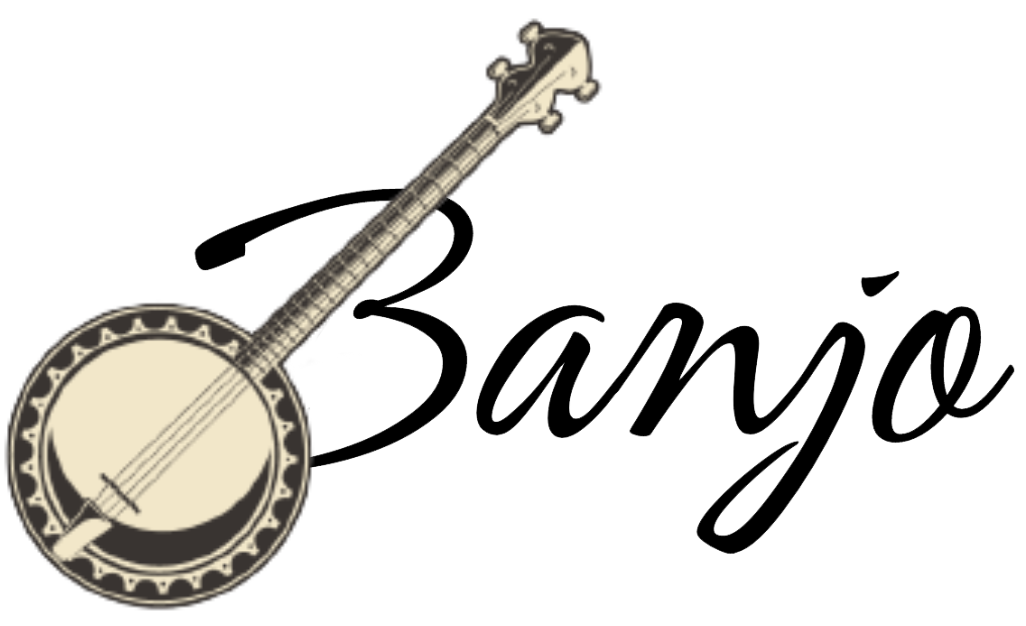A six-string banjo is an excellent choice for guitarists seeking to learn banjo. Tuned like a guitar, its familiar tuning makes switching over easier. Furthermore, its wider range of notes may prove useful when performing different genres.
Note, however, that some advanced banjo techniques may not translate well to playing a 6-string banjo; fretting the low strings may prove challenging.
They’re often tuned like a guitar
Six string banjos are among the most sought-after styles of banjo. Tuned like a guitar, they make for an excellent way to learn bluegrass or country music while finger-picking techniques may also be utilized. But keep in mind that not all six string banjos have similar tunings – each has its own individual sound that you must find the best match with for yourself and your style of playing.
Tuning your banjo regularly is key, using either a clip-on tuner or asking someone who knows guitar to assist. Also remember to ensure the bridge is in its proper place as this will have an impactful influence on its tone and overall quality of the instrument.
Another popular 6-string banjo type is a closed-back banjo with resonator. While not as large as traditional 5-string instruments, this larger instrument still requires lots of muscle to play it well. Furthermore, due to the added weight caused by its resonator feature. You should ensure you can manage this instrument prior to making your purchase decision.
As well, it’s essential to remember that 6 string banjos may sound muddy when strumming all strings at once due to less sustain than guitars; therefore, notes cannot be held for more than half of a beat, leading to bass strings becoming undefined and undefined in tone. But when fingerpicked individually they can produce incredible sounds!
They’re a versatile instrument
Comparable to its four-string banjo counterpart, a six-string instrument allows players to create more intricate melodies while making use of various tunings and sounds for creating unique sounds and exploring different genres of music. Due to this flexibility and sound potential, learning six string banjo can be both rewarding and exciting!
When purchasing a six-string banjo, it is essential to consider both your budget and type of music you will be playing. Be mindful of all of its features and accessories – such as a capo that helps change keys quickly or a stand for off the ground storage – when making your selection. Finally, string gauge is also crucial as heavy strings may produce dull and muffled tones while lighter strings work better for bluegrass and folk music styles.
When purchasing a 6-string banjo, it’s essential to invest in one with high quality sound. A higher-grade banjo will stay in tune longer than cheaper models, saving time and money over time. Furthermore, look out for features such as flat fingerboard with slight curve for easier chord playing as well as high bridge to increase string volume.
They’re easy to learn
A 6 string banjo is an ideal instrument for novice players, thanks to its straightforward tuning system and large fretboard. Additionally, its ease of learning makes it an excellent option for bluegrass music enthusiasts looking for their first instrument. When shopping for quality banjos it is key that they have strong necks with excellent sound qualities as well as be easier to tune regularly.
Some people purchase 6-string banjos thinking it is “real”, yet don’t truly comprehend its purpose – these instruments are hybrids and produce sounds similar to guitar. You cannot play iconic banjo songs such as “Brother Can You Spare a Dime.”
One major disadvantage of 6-string banjos is their decreased sustain when compared with guitars; as a result, patterns that require more than half-beats of notes won’t sound right – an issue common to all 6-string models but particularly noticeable with these instruments.
As soon as you purchase a six-string banjo, it will need to be tuned. To do this, hold down each string with your left hand while picking them hard with your right. Next, adjust the bridge until an overtone that matches up with the pitch of the twelfth fret is heard.
They’re a great choice for bluegrass music
If you love bluegrass music, then a six string banjo would make an ideal instrument. Bluegrass requires instruments with quick beats that are capable of keeping up. A 6-string banjo’s precise picking pattern and percussive qualities enable it to keep pace. Furthermore, banjos add an unique sound that enhances band’s musical styles.
One of the greatest features of a six string banjo is its accessibility for experienced guitarists. Many songs written for banjos were originally intended for guitar playing, making transitioning easy onto this instrument. Furthermore, you’re sure to find one with just the right tone and size to meet your preferences!
Your personal preferences will dictate the choice between an open back banjo or resonator banjo, both offering different tonal qualities and projection. An open-back typically offers a more subdued tone while its counterpart typically produces more volume and projection. Furthermore, choosing between metal or wooden rim banjo heads will impact tone differently; some players prefer metal/brass while others favor wood. A six string can even be fitted with a pickup from companies such as Fishman LR Baggs Kavanjo which offer excellent options.

